
 About Pangolins
About Pangolins
- There are eight existing species of pangolins in the world. Four of the species are Asian: Chinese, Malayan (or Sunda), Indian and Palawan; while the others are African: Tree pangolin, Giant ground pangolin, Cape pangolin and Long-tailed pangolin.
- The Indian Pangolin is found in Nepal, Pakistan, India and Sri Lanka and believed to be extinct from Bangladesh.
- Pangolins are the only mammals in the world covered in scales. The scales are made up of keratin and provides a hard external protection.

- A pangolin’s tongue can be longer than its body.Pangolins have no teeth and feed mainly on ants and termites, which they suck up using their tongue.These animals can voluntarily constrict their ears and nostrils to keep insects out while they are feeding.
- These shy nocturnal creatures have poor eye-sight but a strong sense of smell and hearing.
- Male Indian Pangolins can be up to 90 per cent heavier than their female counterparts.
- Some species find shelter in trees, while others live in underground burrows.
- Baby pangolins travel around with their mothers by riding on the base of her tail.

Source - Pangolins have a habit of rolling up into a ball when threatened. It is this trait which has earned the name – ‘pengguling’ in Malay means ‘something which rolls up’. This helps pangolins escape from tigers and other predators that find the scales of a rolled up pangolin difficult to attack. However, it makes it easier for humans to capture them
- Pangolins emit a noxious-smelling acid like liquid from a gland near the anus.
- Pangolin population especially the Asian species are all on the decline.
Pangolin Poaching
- The biggest threat to all pangolin species today is illegal, commercial hunting for human consumption.

Source - It is estimated that 100,000 pangolins are captured every year from across Africa and Asia, with most shipped to China and Vietnam, where their meat and scales are sold. As a result, all eight species of pangolin now feature on the International Union for the Conservation of Nature (IUCN) Red List of animals threatened with extinction.
On February 9, WCCB officials in Maharashtra busted a gang of six poachers who were caught with pangolin scales weighing 12 kg.
M. Maranko, the regional deputy director in charge of the WCCB western region said, “During our investigation, we found out that one of the accused arrested in this case belonged to a region from which another pangolin poacher was arrested a few months ago. There is a possibility of the area being a hotspot for pangolin poaching and further investigation in the matter is underway.”
Yet another finding is that though poachers are active all over the country, they are traded from the North-eastern states. Of all the 51 cases of seizure of pangolin scales reported between 2011 and 2013, 42 of them were seizures made from North-eastern states
An official from the WCCB said, “Most poachers try to smuggle the scales away via roads as it is difficult to evade customs and other security agencies at airports. Since, the demand for the pangolin scales come from China and Thailand, poachers try to send the scales or even sometimes the animal itself, beyond the border from where it is easier to fly the scales to other destinations.”
- African species are largely hunted for meat, and in some regions for use of their scales and other body parts in folk medicines and cultural traditions and rituals.
- In China and Vietnam (the primary sources of demand for pangolins), the flesh of both adult and fetuses is considered a delicacy and some erroneously believe they will be blessed with health benefits if they eat it.
- Their scales, blood, and other body parts are also widely used in traditional Chinese medicines (TCMs) and ‘health tonics’.
- India is the chief supplier of these animals to the illegal market in China, Thailand and Vietnam. The Wildlife Crime Control Bureau believes that the number of pangolins poached may be higher than that of tiger and elephant.
- According to seizure reports generated by TRAFFIC India, a wildlife trade monitoring network between 2009 and 2013 in the country, around 3,350 pangolins were poached and between 2011 and 2013, more than 3,670 kg of pangolin scales were seized from all over the country. These are only conservative estimates and actual figures could be much higher.
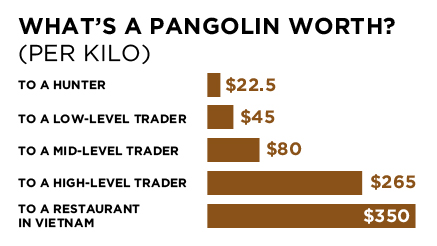
Source
Measures to Protect
- Pangolin trade is illegal in India as per the Wildlife (Protection) Act, 1972. Hunting or trade in pangolins in India is a criminal offence leading to imprisonment for between three and seven years and a fine of not less than 10,000.
- International trade is also prohibited under the Convention on International Trade in Endangered Species of Wild Fauna and Flora (CITES). In spite of this, the animal is proving to be one most traded species from the wild.
- World Pangolin Day is observed on February 20th to raise awareness about the species.
Dr. Shekhar Kumar Niraj, head of TRAFFIC India says, “Reports in the past have indicated that the poaching and trade in pangolins is blatant mainly owing to little awareness about this mammal among the enforcement agencies and the general public.”
The world could be in danger of losing these unique mammals forever if prompt action is not taken. Make sure you don’t remain ignorant about the species and the threats they face. It’s up to all of us to save the pangolins.
More Related Stories,
Pangolin Rescued From A Well In Gujarat
Conflict Of Interests: China’s Struggle To Keep Endangered Animals Out of The Plate
Lion Bones Now Substitute Tigers Bones In Traditional Medicine

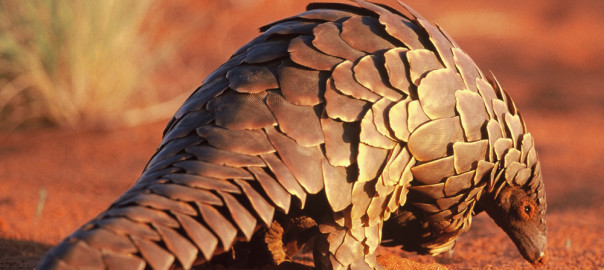
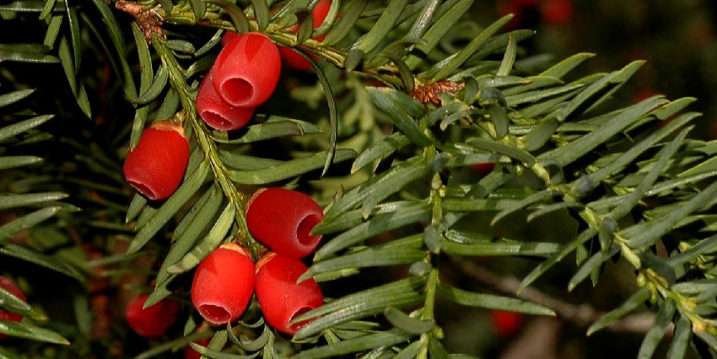
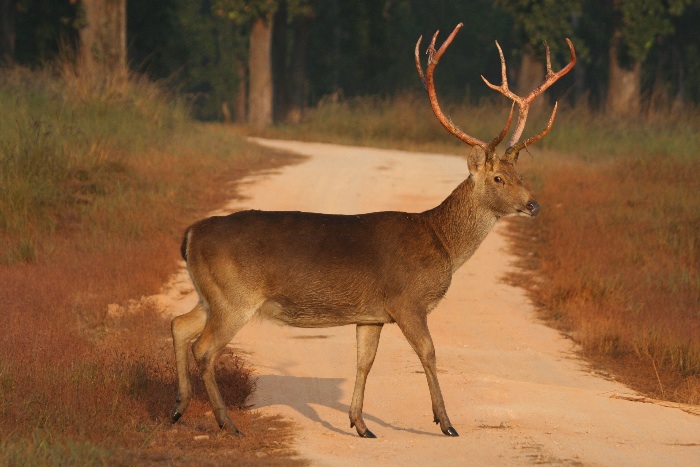
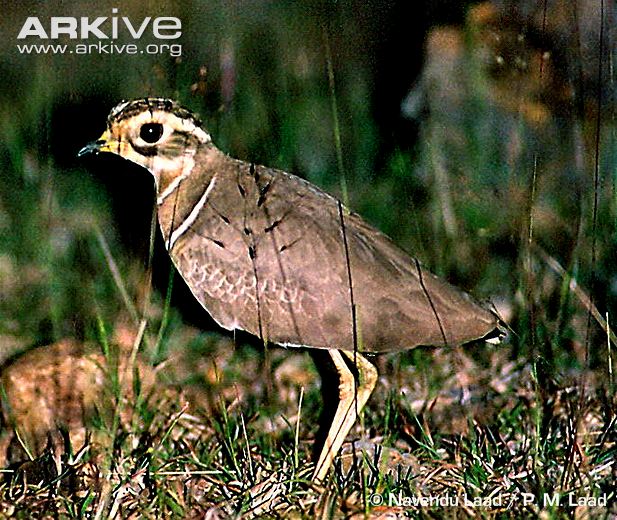
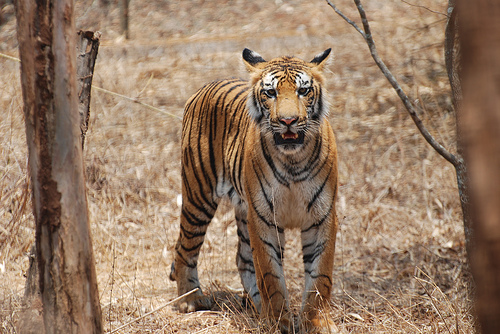
One thought on “Everything You Need To Know About Pangolin Poaching”